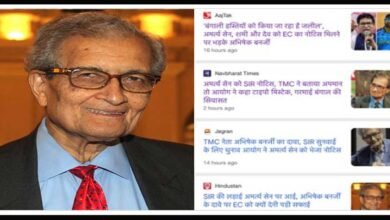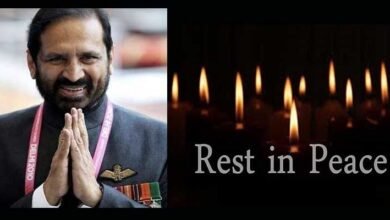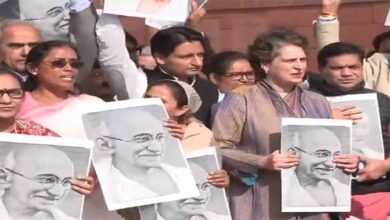“Quran Allows Polygamy for Welfare, Not Selfishness: Allahabad HC Flags Misuse in Landmark Judgment”
“The Quran asks men to marry only when they are confident of treating all wives with equal justice. It’s not a license for indulgence but a mechanism for social rehabilitation,” the Bench remarked.

LUCKNOW- In a significant ruling underscoring the limits of religious liberty and the conditional nature of polygamy in Islam, the Allahabad High Court has observed that the Quran permits multiple marriages only under specific humanitarian conditions, but this provision is being “widely misused for selfish reasons” in modern times.
Justice Arun Kumar Singh Deswal, in a well-reasoned order delivered on May 8, 2025, while hearing the case of Furkan and Others vs State of UP, emphasized that polygamy under Muslim law is neither unconditional nor absolute, and must be understood in the context of justice and welfare — particularly to protect widows and orphans in early Islamic society.
Also Read- Assam CM Highlights Spiritual Significance of Hinglaj Mata Temple in Balochistan
The court clarified that while a second marriage by a Muslim man during the subsistence of the first is not void under Section 495 IPC, such marriages must meet the condition of equal treatment and justice among spouses, failing which the practice contradicts the core values of Islamic teachings.
The case involved Furkan, who along with his first wife, sought the quashing of charges including rape (Section 376 IPC), second marriage with concealment (Section 495 IPC), and criminal conspiracy (Section 120-B IPC).
Also Read- BJP MLA Balmukund Acharya Faces Backlash for Using Tricolor to Wipe Nose During Tiranga Yatra
The High Court did not dismiss the case entirely, stating the matter requires deeper consideration, and posted the next hearing for the week starting May 26, 2025, while directing that no coercive action be taken until then.
The judgment also reiterates that religious freedom under Article 25 of the Constitution is subject to public order, morality, and other fundamental rights, and does not provide immunity against penal laws if conditions under personal laws are flouted.
In a broader reflection, the Court referred to previous landmark cases like Sarla Mudgal, Lily Thomas, and Jafar Abbas Rasool Mohammad Merchant to support the call for enacting a Uniform Civil Code (UCC) under Article 44, urging lawmakers to act without delay.
“The Quran asks men to marry only when they are confident of treating all wives with equal justice. It’s not a license for indulgence but a mechanism for social rehabilitation,” the Bench remarked.









